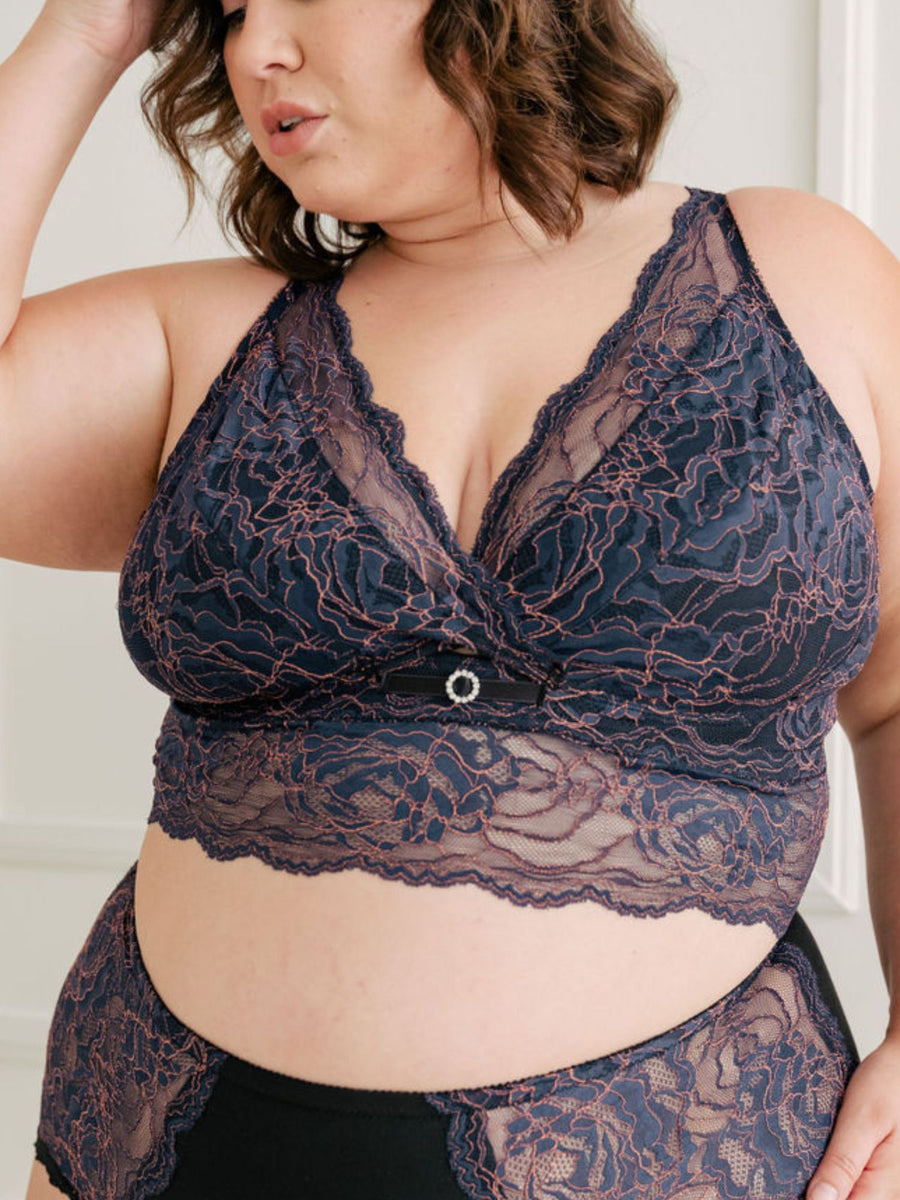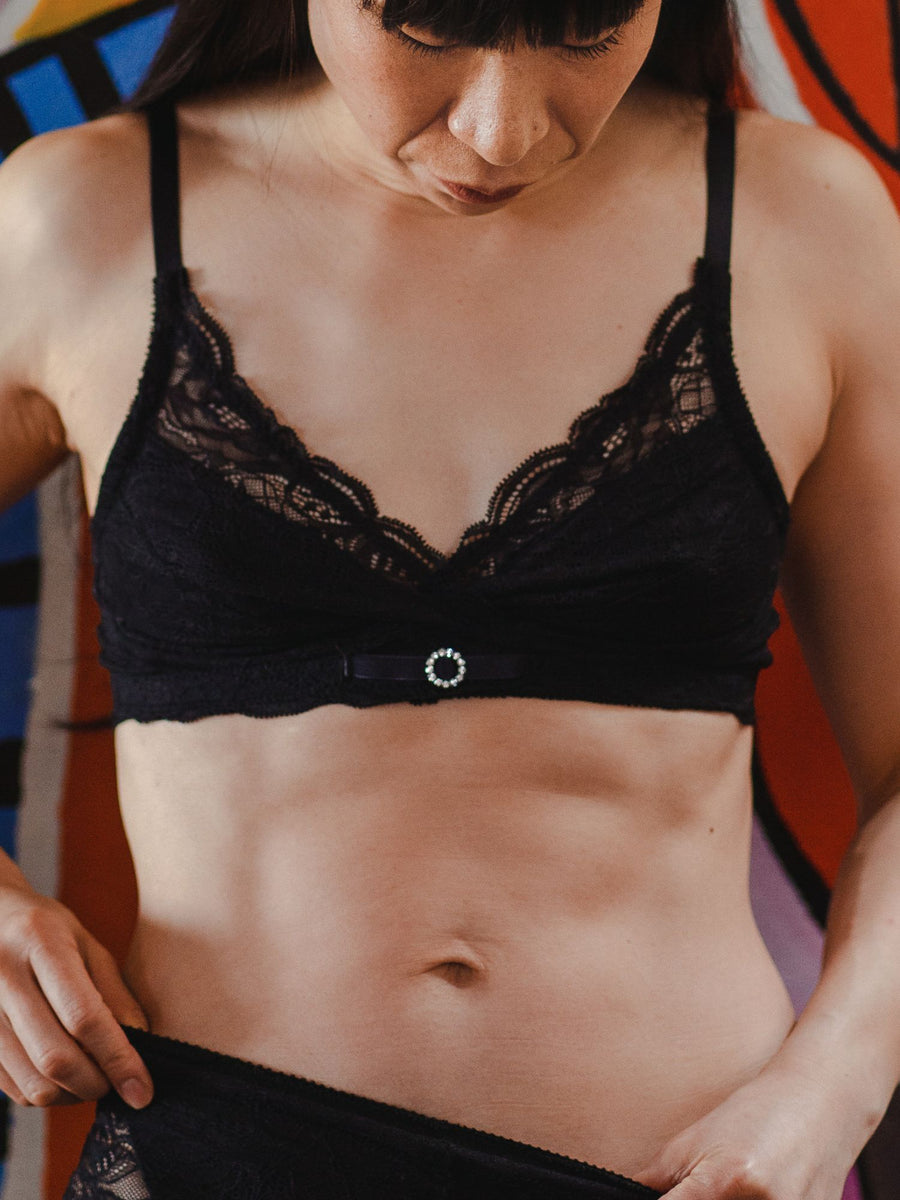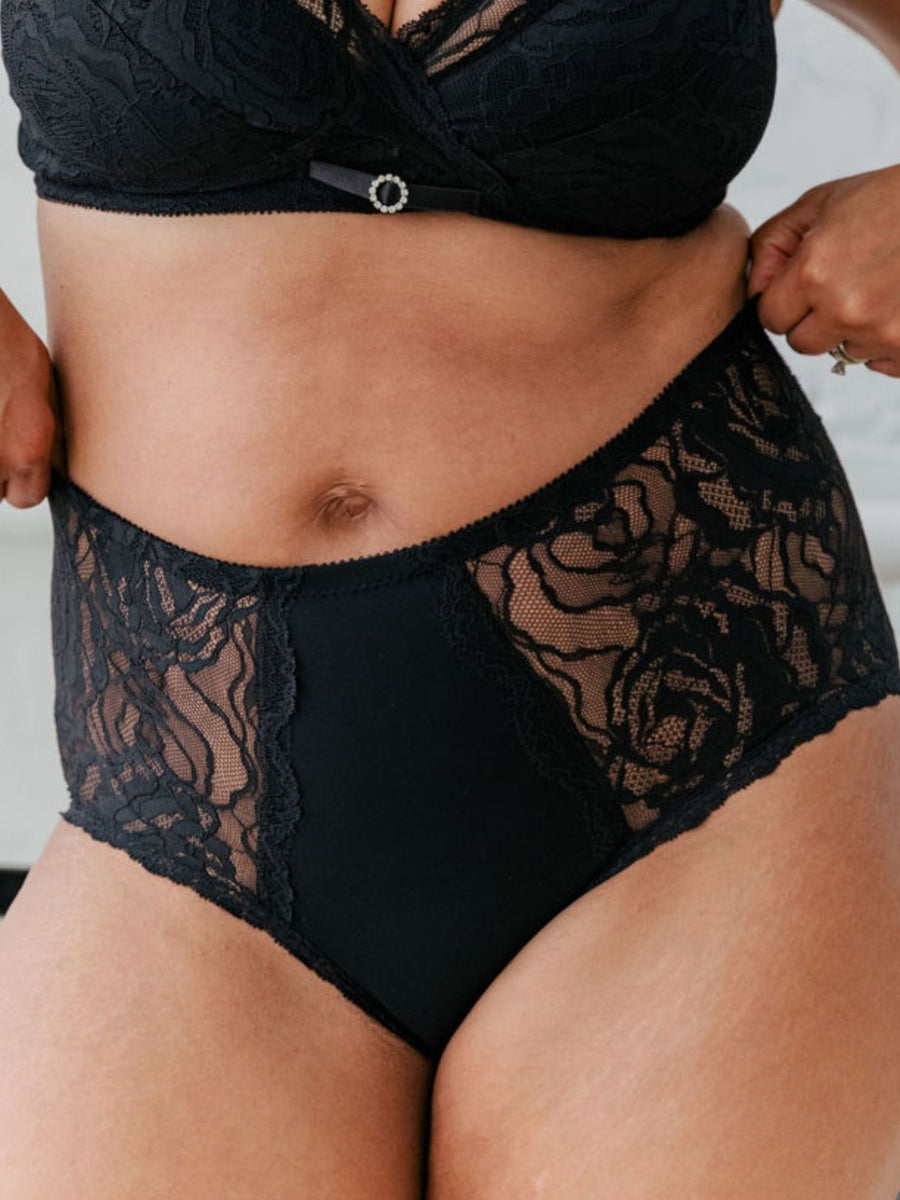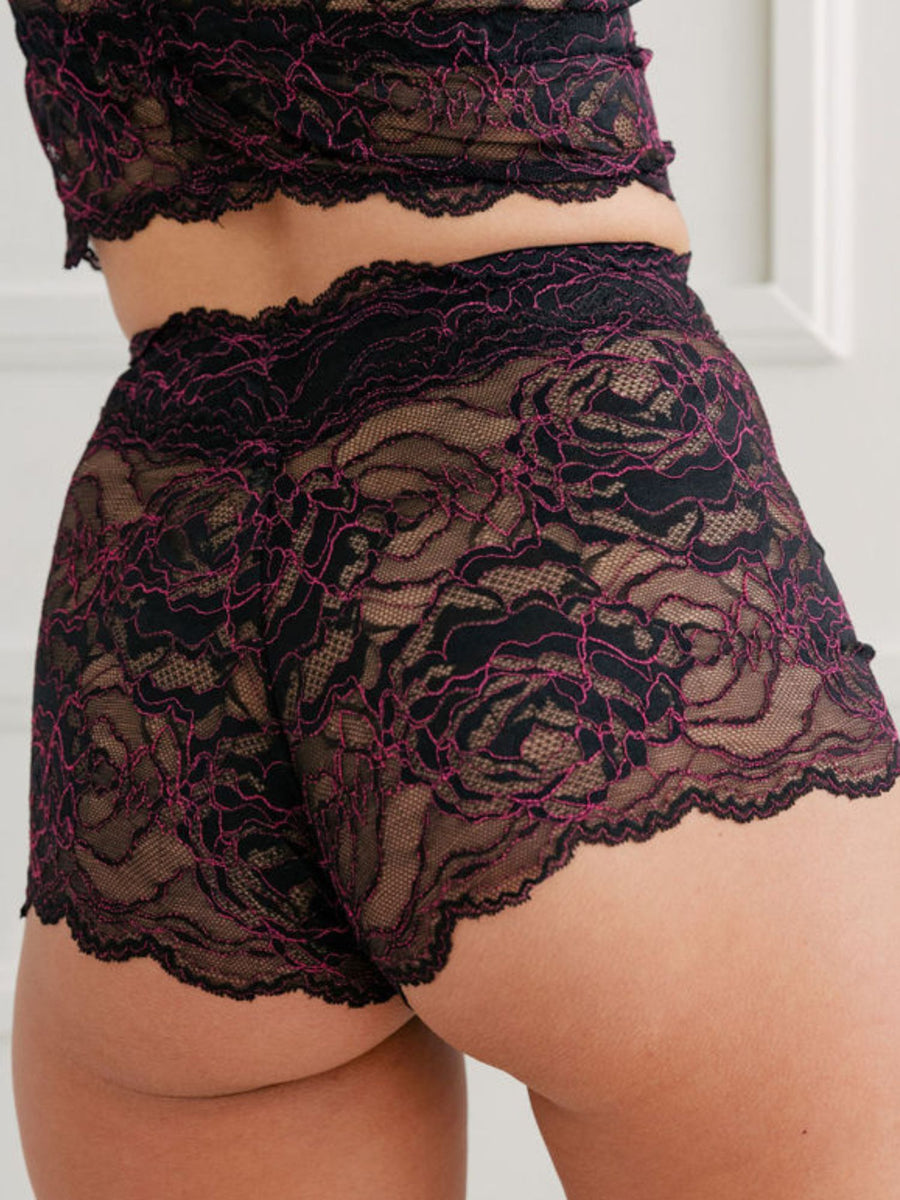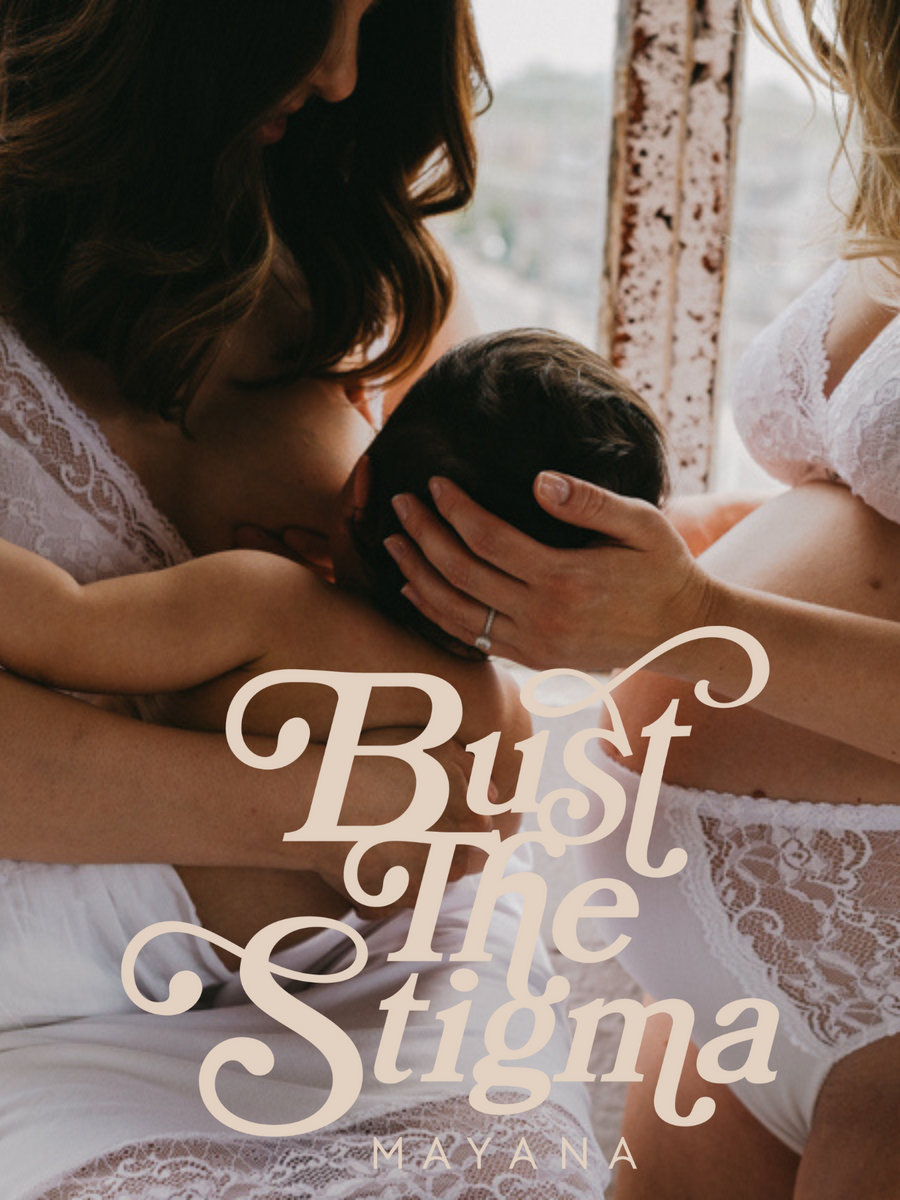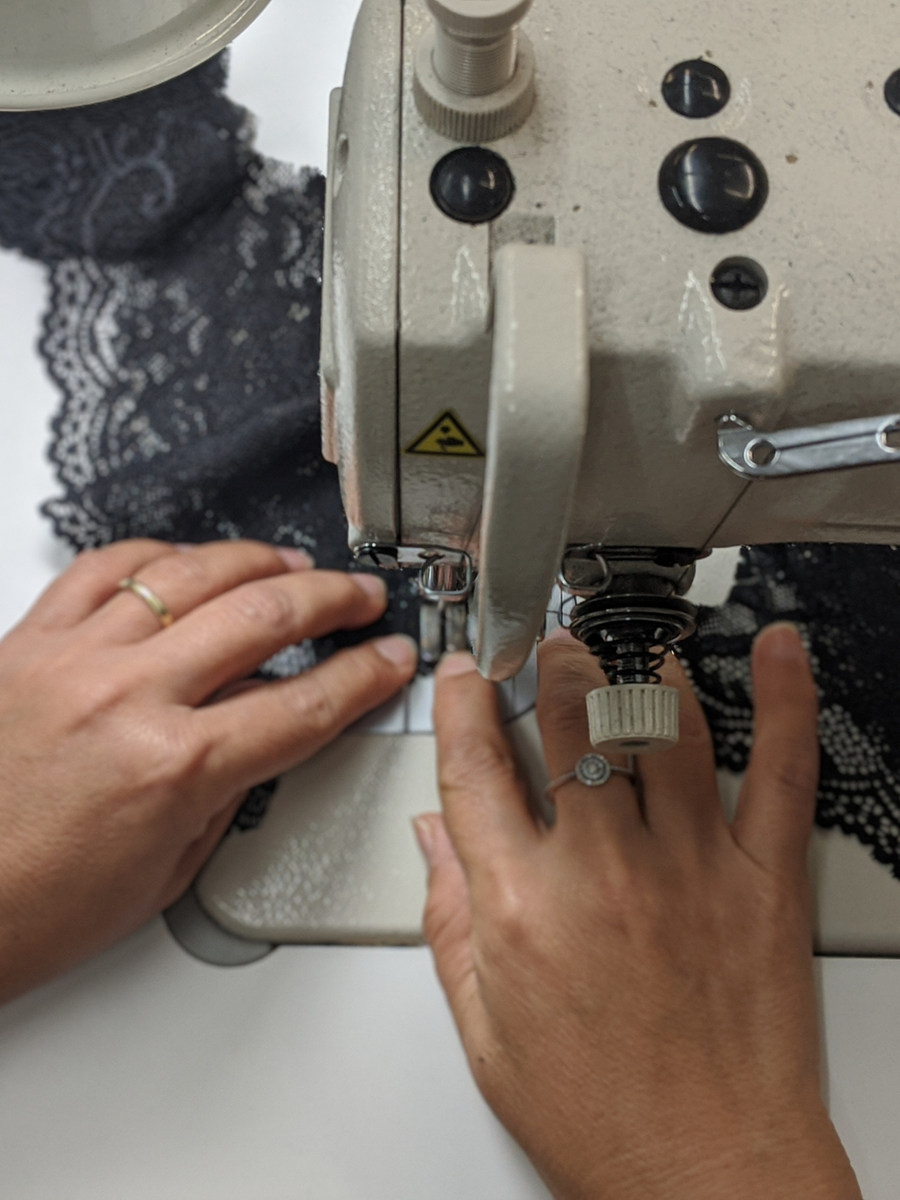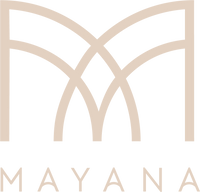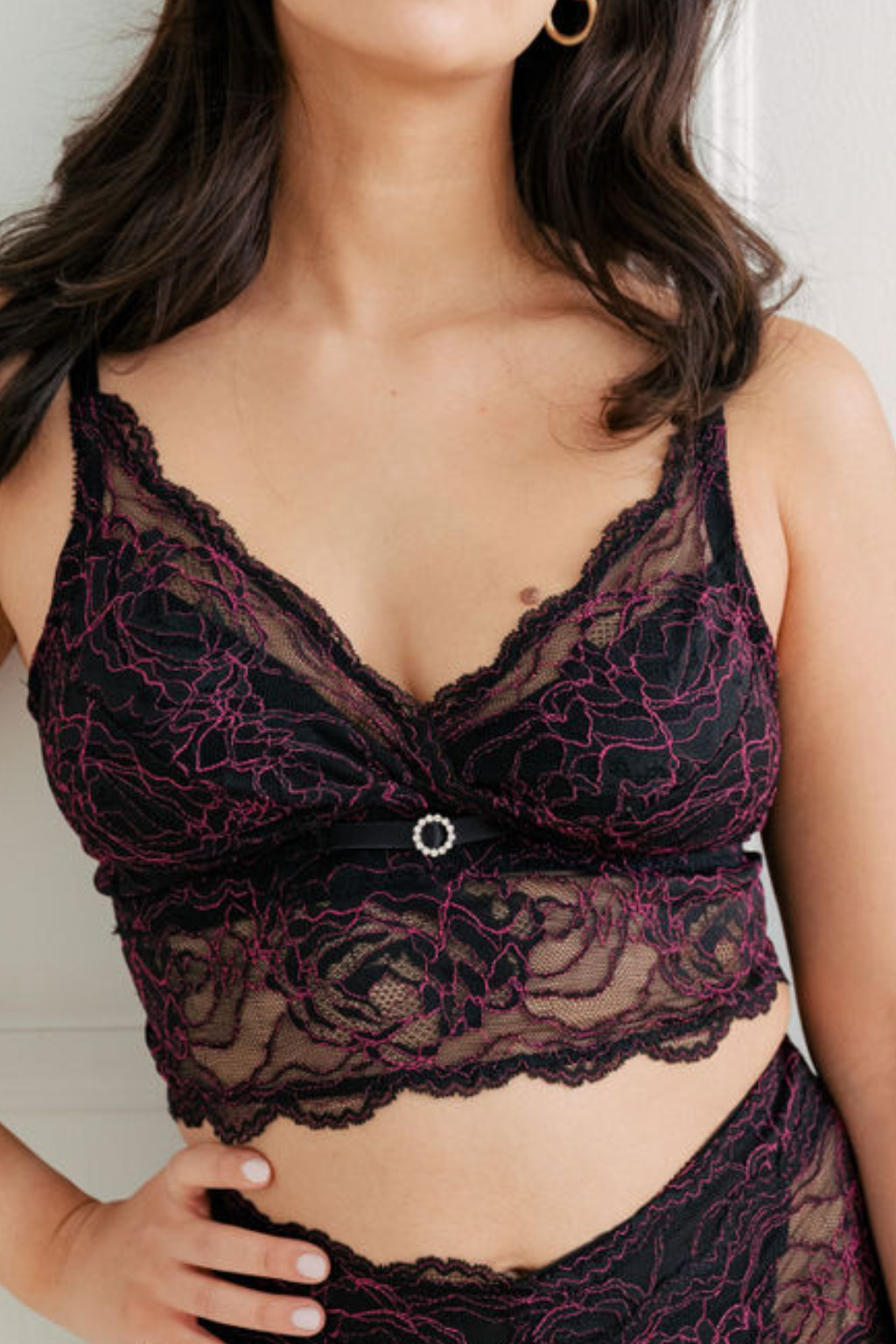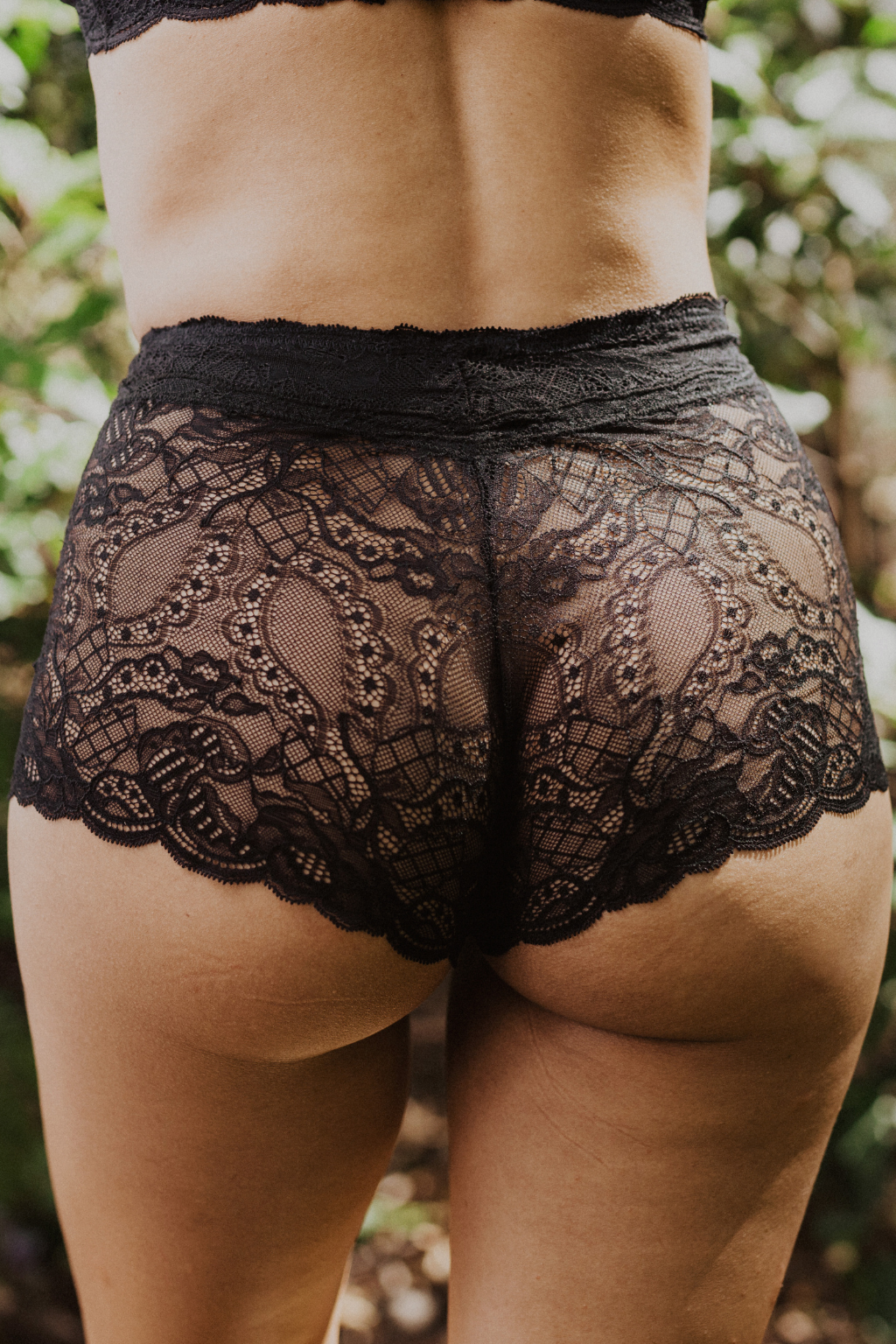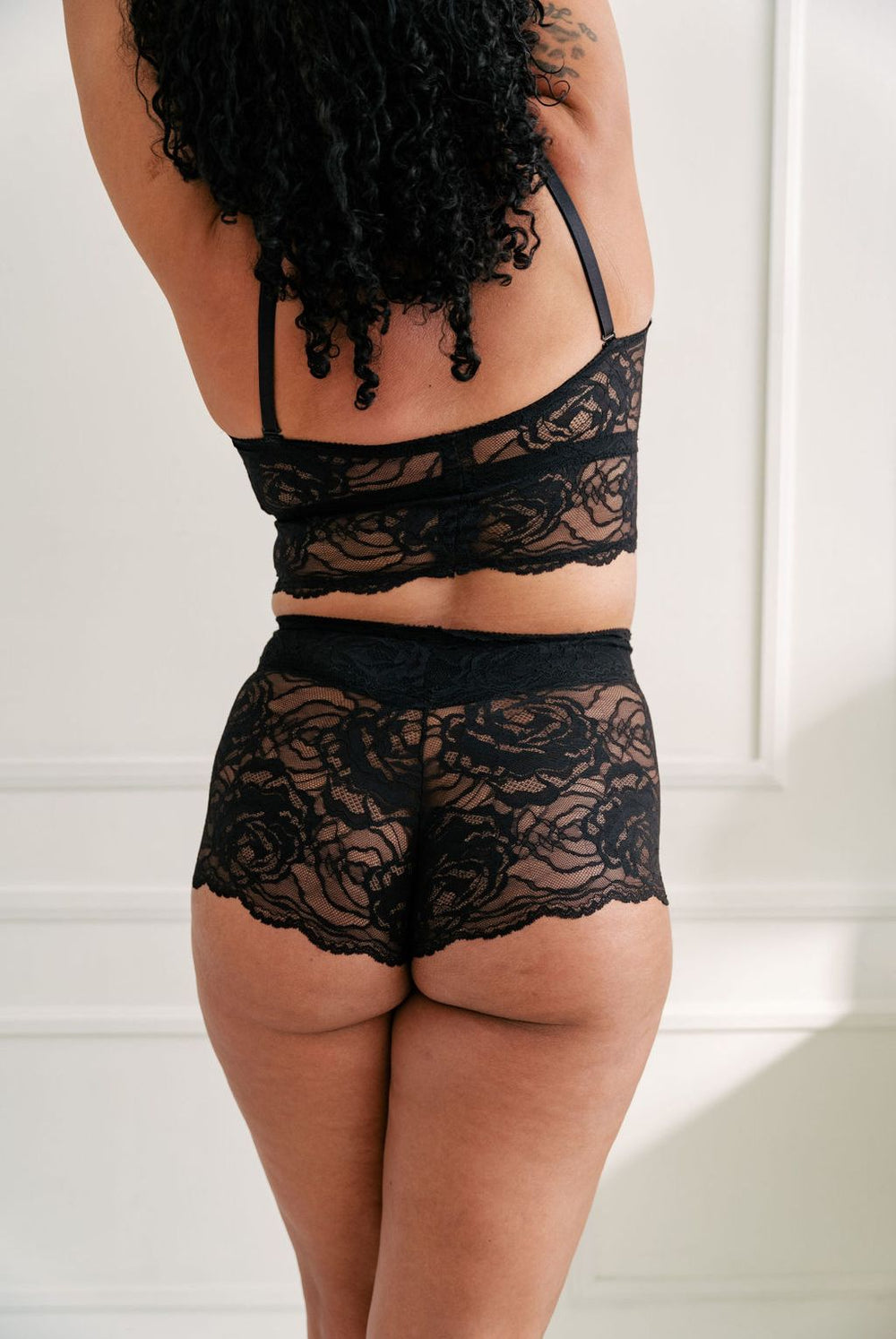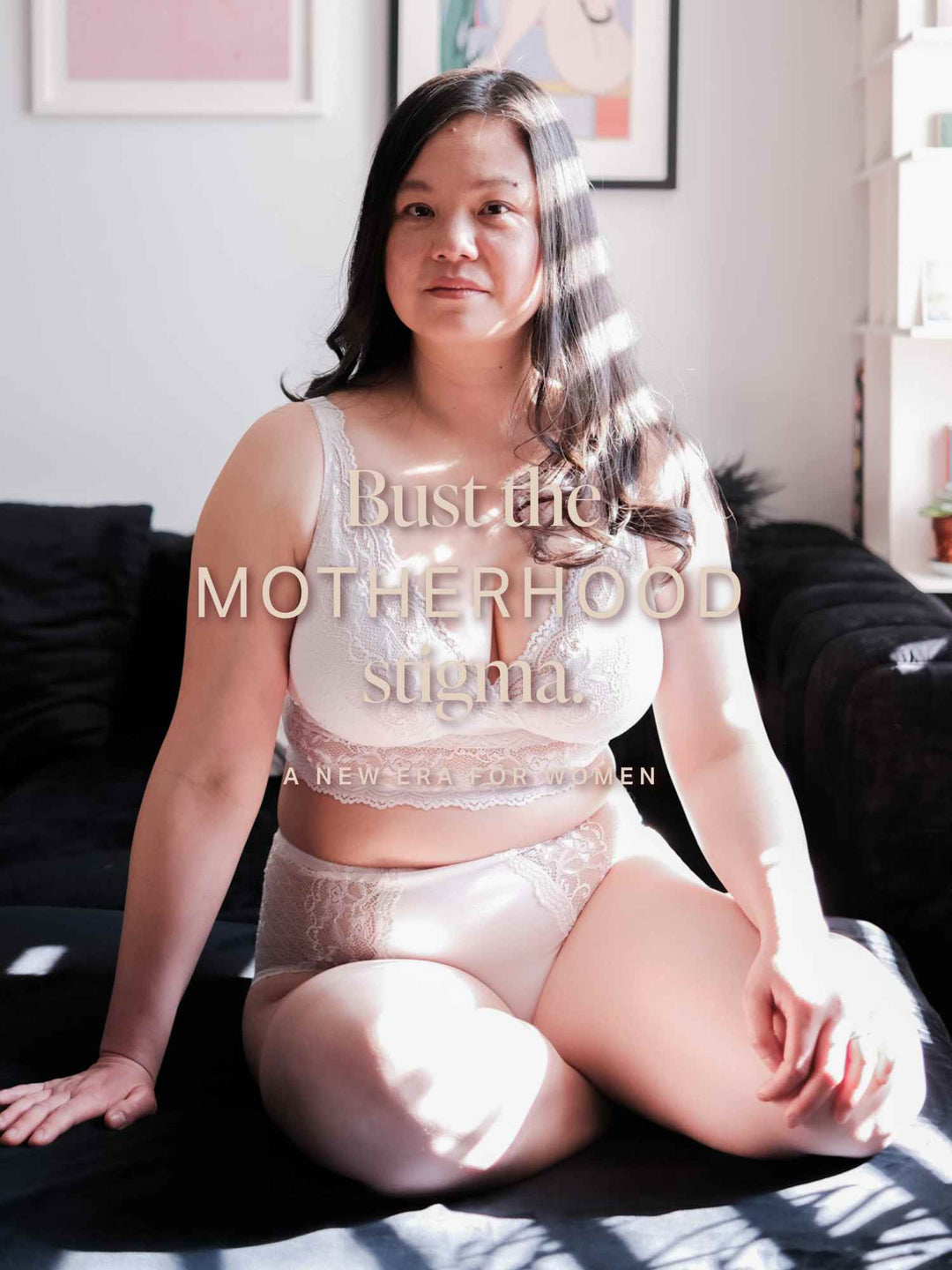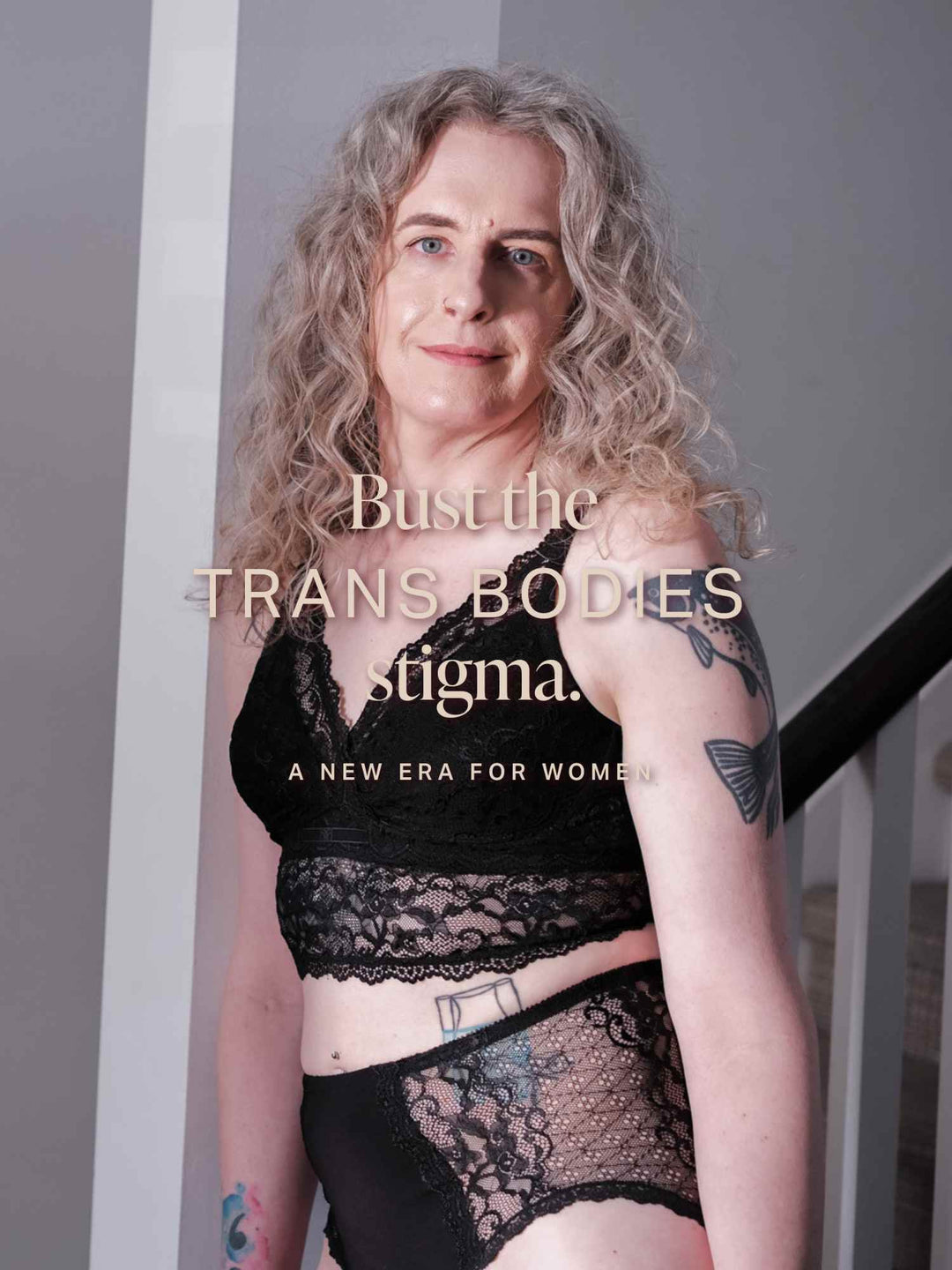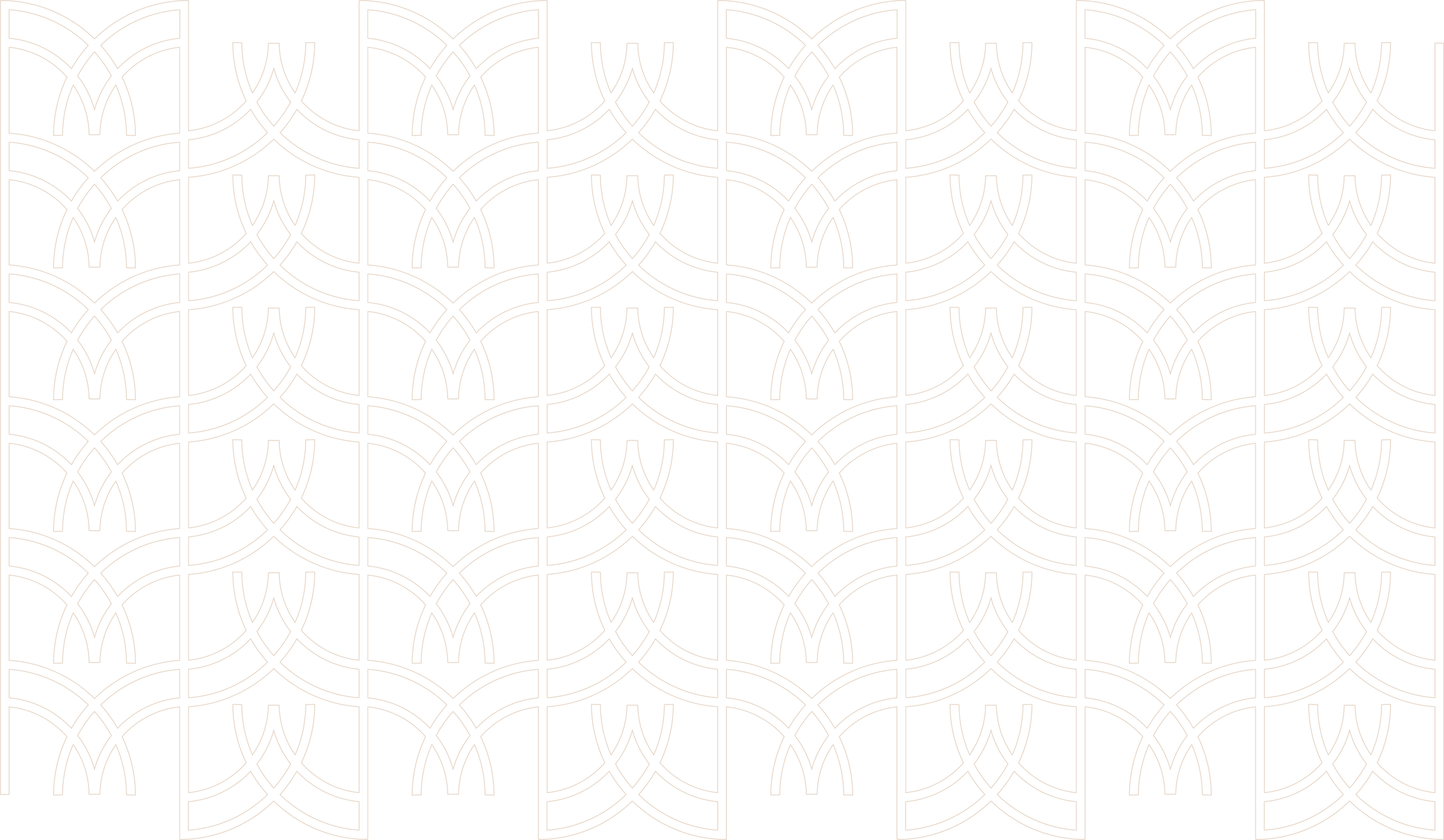
Meet Madeline
I am a Haudenosaunee creative, mother and advocate for intergenerational healing and wellness through reclaiming culture and community.
My journey has been impacted by colonialism - my father was a Sixties Scoop survivor and her grandmother in the Indian Day School system.
Currently, I am learning my language, actively engaging with my culture and traditional practices, and sharing my story to inspire others.
Previously, I have had successful careers in the music industry and Canadian politics.
After the birth of my fourth son, I shifted my focus to cultural reclamation and family. I co-founded The Decolonial Little Library, promoting Indigenous storytelling and literature to foster cultural awareness.
As an advocate for Motherhood Positivity, I emphasize the essential role of Indigenous mothers in healing families and communities.
Through my work, I aim to strengthen connections and support the wellness of Indigenous families.
My Grandmother was a young woman who didn’t have the power to fight back when her children were taken from her.
Her experience taught me to be strong and to fight for my children and myself. Being able to raise my children is not something I take for granted; it’s a profound privilege and a responsibility.
I mother with intention, reverence, and a deep commitment to cultural reclamation. Every story I tell, every tradition I learn and reclaim, and every word of Kanien’kéha I learn is an act of resistance and renewal. I raise my children knowing that their connection to culture is their strength, and that love, safety, and belonging is their inheritance.

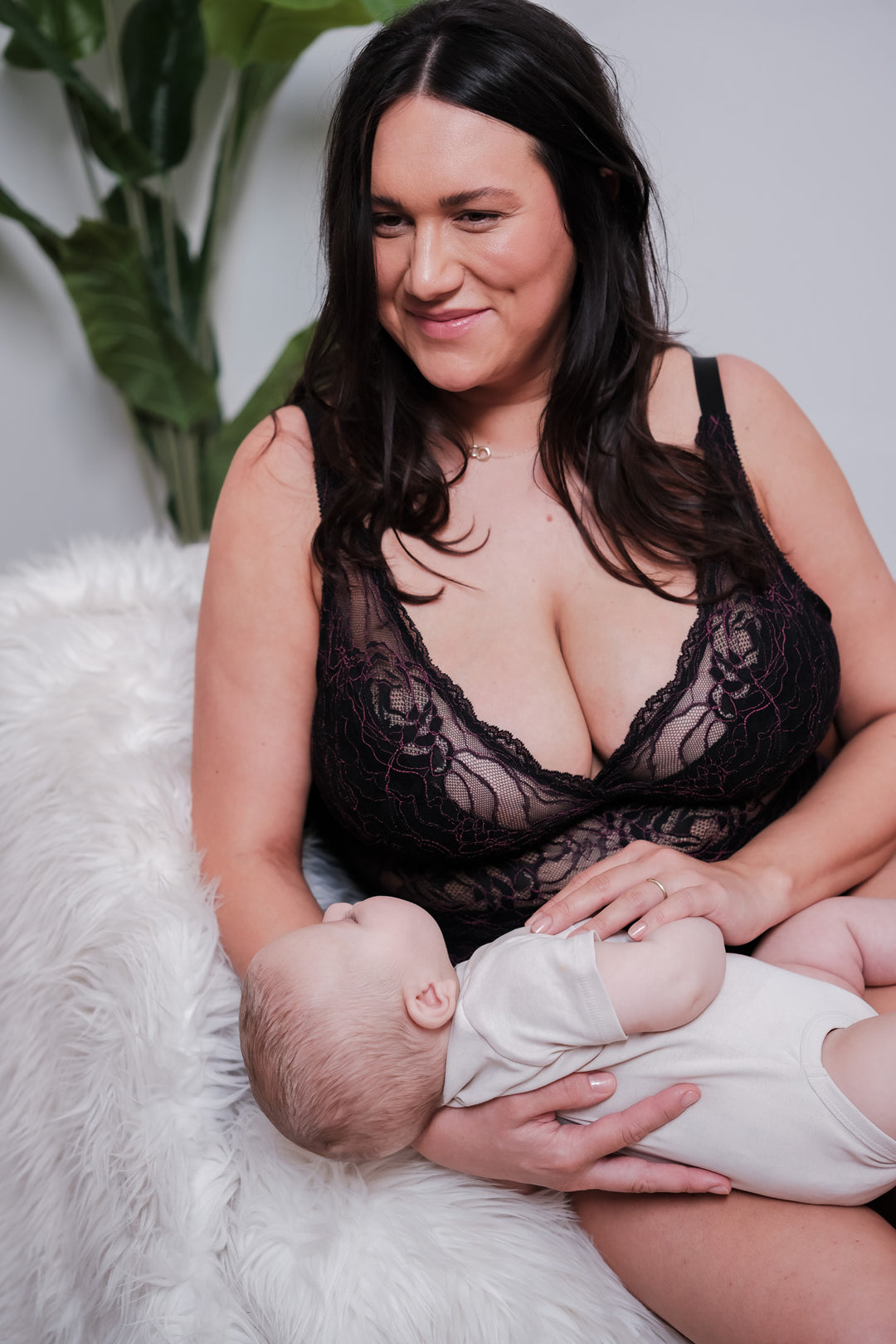
Intergenerational wellness, to me, is the restoration of what colonialism tried to destroy: our stories, our languages, our ceremonies, and our relationships to one another, our identity and our futures.
Intergeneration wellness is about supporting not just our children, but our parents, aunties, and grandparents as they navigate the impacts of trauma.
For me, this work began with piecing together my family’s story, understanding how the Indian Day School system shaped my grandmother, how my father was taken from her at birth, and how that legacy exists in our family.
Intergenerational wellness is about reclaiming language, honouring teachings, and rebuilding family systems that centre cultural strength, emotional safety, and spiritual integrity. It is how we begin to thrive again.
We cannot heal what we don’t name. I believe generational trauma travels until someone chooses to stop and feel it. That’s part of my responsibility.
I hold space for the grief and the anger, but I make space for joy, laughter, and dreaming forward. My story isn’t only about what was lost. It’s about what’s being reclaimed.
Reframing doesn’t mean ignoring the pain, but refusing to let it define the future. In choosing to mother differently, to speak my language, to reconnect with community, I’m writing a new chapter rooted in strength, not just survival.
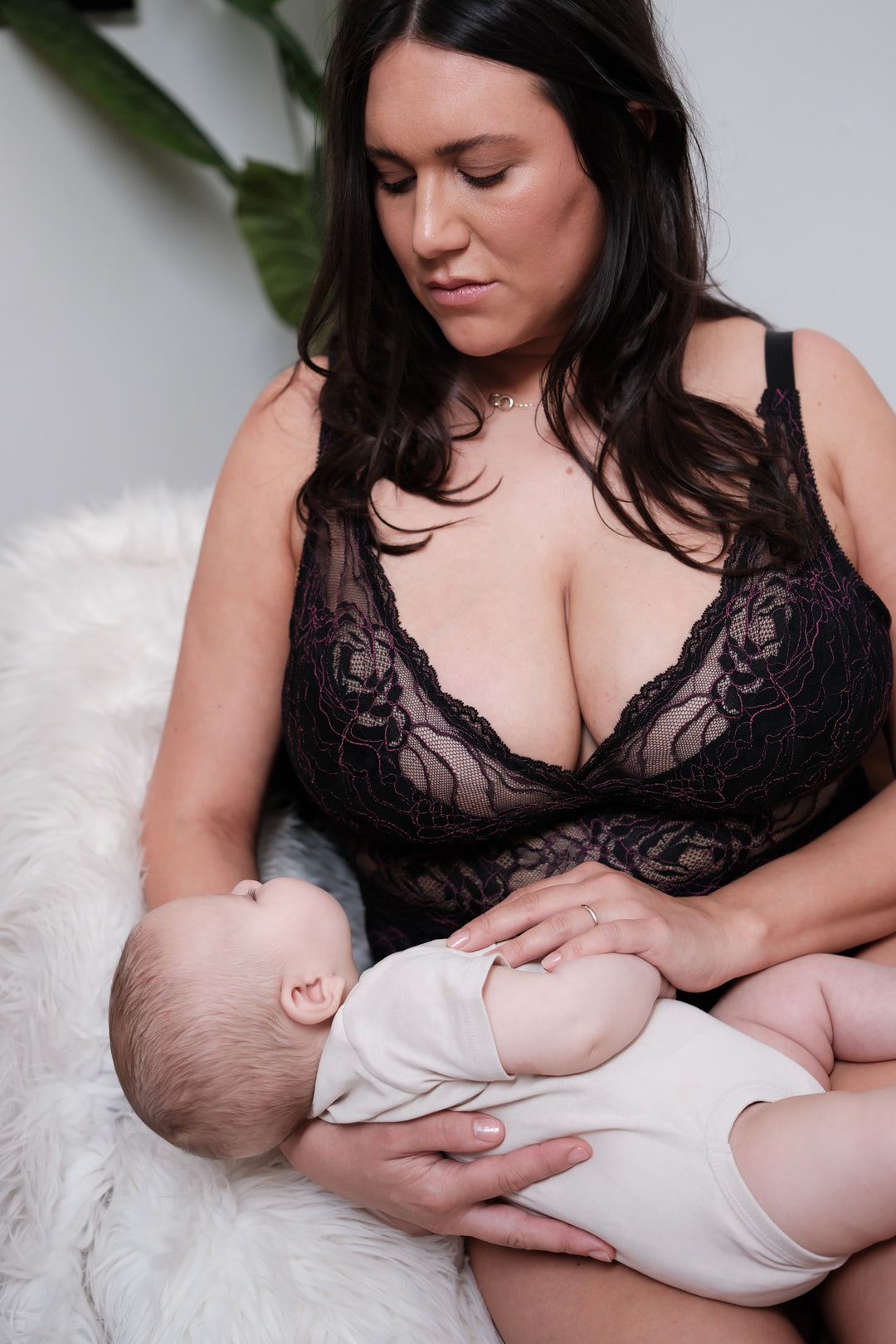
Connect with Madeline
Instagram:
@madceremony
Read More Stories View all
Madeline's Measurements:
Madeline is wearing the size 3XL on top and L bottoms.
Chest Wall: 43 in
Bust: 50 in
Under Bust: 39.5 in
Waist: 39 in
Hip: 43.5 in
